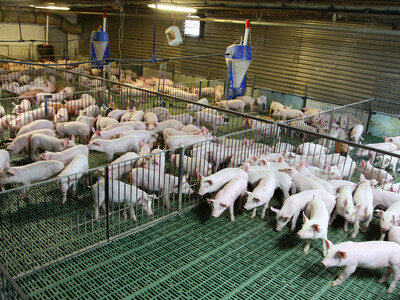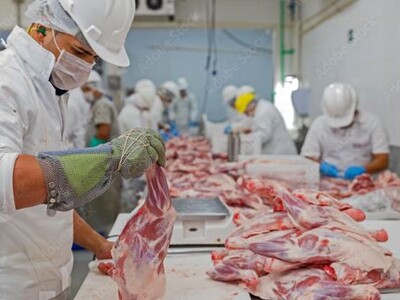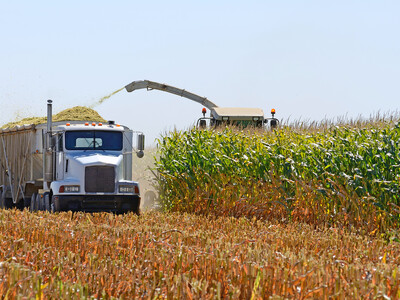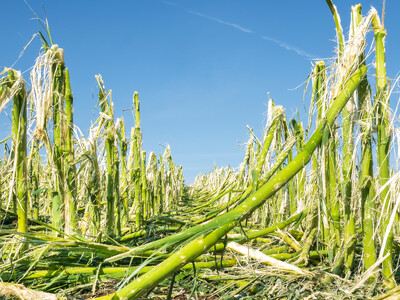Food Safety on Your Farm
Food Safety On Your Farm. I’m Greg Martin with today’s Line On Agriculture.
When it comes to food safety we have all heard the stories about tainted lettuce or tomatoes and bad batches of peanut butter. Bonnie Fernandez-Fenaroli with the Center for Produce Safety at UC-Davis recently spoke at the annual Potato Expo where she said the industry was in a good place.
FERNANDEZ-FENAROLI: You have an opportunity if you so desire to do some very proactive things to let people know that your industry does respect the responsibility of food safety and it is up to you to do that. And if you are going to address any food safety issues it is going to take you as a whole.
Interestingly when there is a food safety issue the focus almost always is on one part of that food industry.
FERNANDEZ-FENAROLI: What we have found in some of the other industries is that often times the producer will be blamed first and then all of the rules, regulations, attacks are on the producers. But it is the consumers that really vote on this issue and so all of a sudden therefore the processors, the buyers, the retailers recognize that this isn’t just a producer issue.
She says they are working with the potato industry to develop some safety guidelines.
FERNANDEZ-FENAROLI: A lot of our industry is being asked if we have food safety guidelines. We also recognize that up in Canada there is a whole big document that the Canadian (I think) Horticulture Council has put forth and the buyers are saying they have one, why don’t you have one as a collective industry here and can you help us arrange that? So that is our project, to look at a set of guidelines for the potato industry.
UC Davis has been given the task of being the clearinghouse for food safety information by the Produce Marketing Association. But she says it’s important to not have things imposed upon the industry that might be detrimental.
FERNANDEZ-FENAROLI: You have an opportunity here if you wish to be a part of a project that says here is what we have done collectively, we know this is important, we’ve written down our knowledge. If there are gaps or a metric or something in this process that there isn’t science to back up – like something published certainly we look at regulations and certainly your knowledge of what’s right and wrong. Again you never want to put something on paper you can’t live with.
That’s today’s Line On Agriculture. I’m Greg Martin on the Northwest Ag Information Network.

















